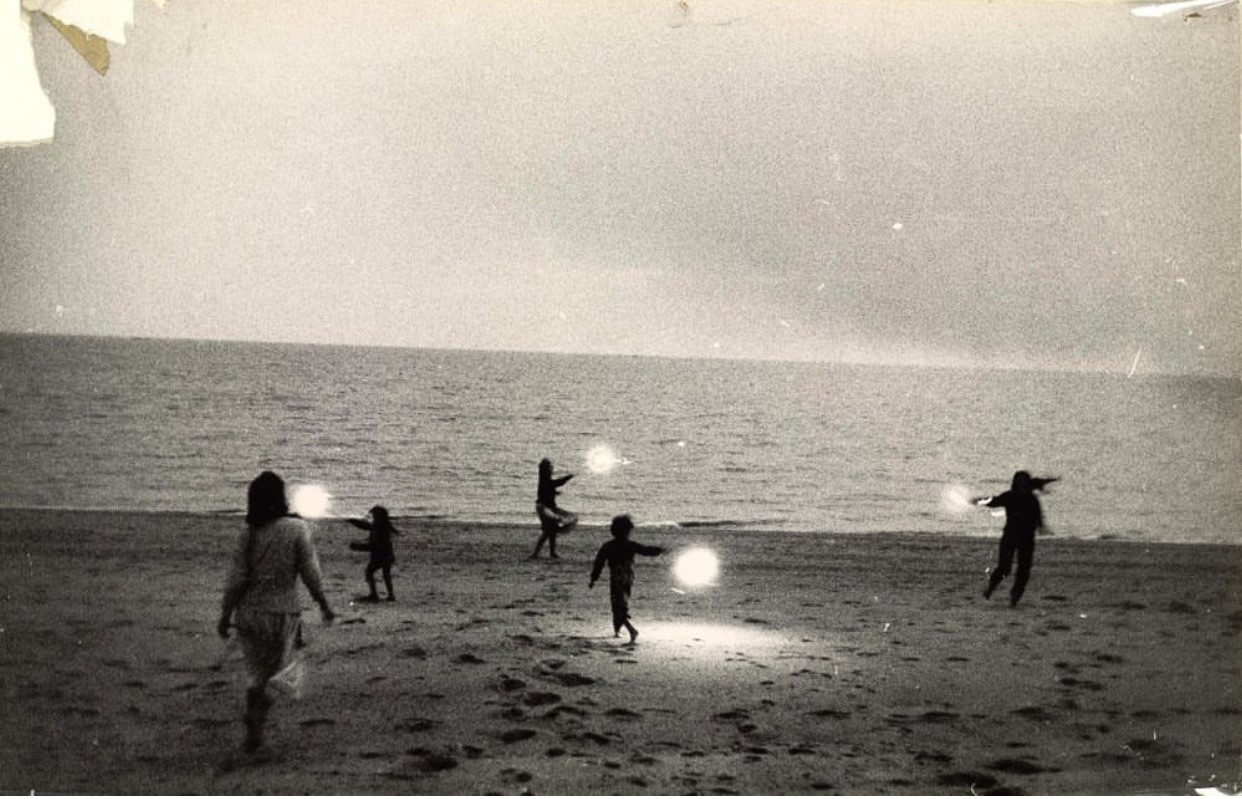
Image by Ben Kessler
…
The day after Biden won in 2020, Fredric Smoler mused on the nature of the president-elect…— “a man unruffled by the disdain and animus of the people who dismissed, vilified or mocked him until almost the end of a long campaign. It turns out that he didn’t need them, and it turns out that we probably did need him. People who insist that Bernie (or someone like) would have taken the Senate, or won in 2016, while mirthless examples of the inelasticity theory of comedy, are still funnier than Biden. Biden, Donald Trump very belatedly discovered, is no joke…
What is he? A glimpse I found strangely appealing came after the Wilmington speech when the party began, first the dancing and then a protracted display of fireworks. When the camera caught Biden beaming at those fireworks he looked happy as a child, and happy in the most ordinary way in the world. Delight when watching fireworks is one of the few joys that seems common to us all. Biden is not Everyman—in my experience Everyman, insofar as there is such a one, only rarely quotes Seamus Heaney or Yeats—but the ordinariness invariably and patronizingly ascribed to Biden, and his own indirect invocation of that quality, may be worth considering in a less patronizing way. He clearly hopes to call forth what Lincoln called the better angels of our nature—the surrounding words in the original speech are very much worth recalling—and the point of the word ‘our’ in that passage is the conviction that almost all of us have better angels as part of our nature. The very unordinary man who called forth those better angels would never himself find them on the broadest possible scale (although the ones that animated the Armies of the Potomac and the Tennessee must have been some consolation), but the insistence that we have them remains the predicate of democratic politics. Trump very explicitly and for a time successfully sought to arouse our worse angels, and shared with some of his adversaries an apocalyptic sense of our historical moment. Biden’s optimism about what most Americans can sometimes be, and about what most of us can share, is not the most trivial portion of our political tradition.
 Image by Pascal Greene (who’s on instagram).
Image by Pascal Greene (who’s on instagram).
…
My version of Smoler’s tradition takes in aspects of the French Revolution. And Michelet’s prescriptions for men or women of the people remain on time as we face up to what might turn out to be a post-Joe era…
Three things are required which are very rarely found together. Genius and charm (do not imagine that the people can be made to swallow anything insipid, anything weak). A very sure tact. And finally (what a contradiction?) there must be a divine innocence, the childlike sublimity which one occasionally glimpses in certain young beings but only for a brief moment, like a flash of heaven.
…

Children with Sparklers in Provincetown (Robert Frank)